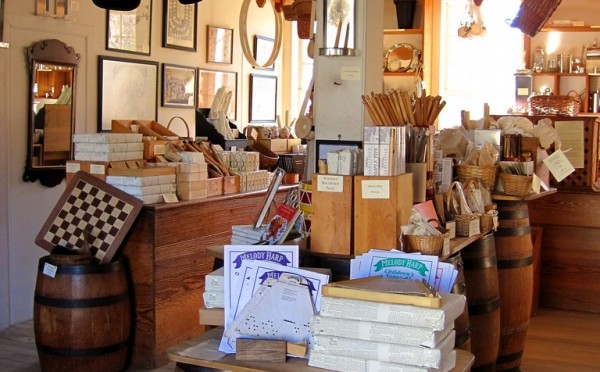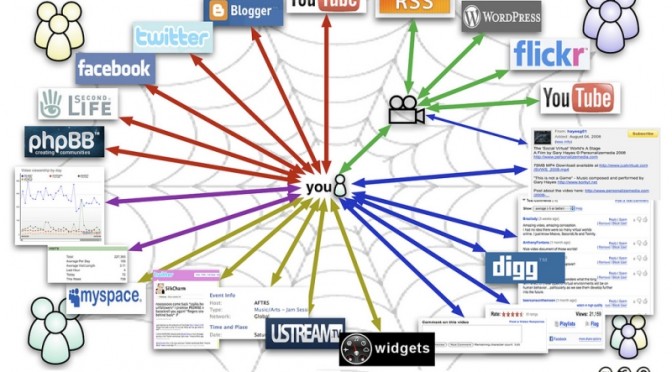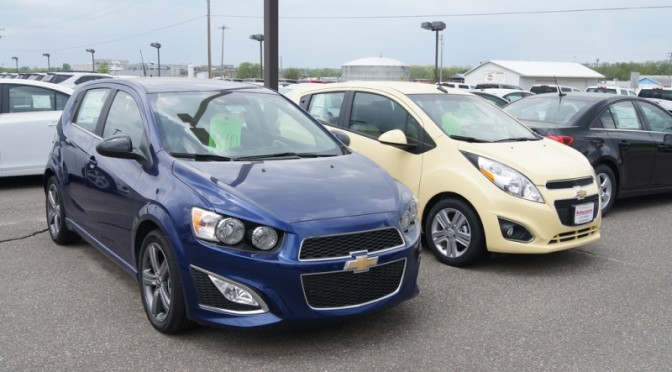If you live in or near a city that was a major hub for one of the Thirteen Colonies, there is much more history to learn that doesn’t pertain to the Revolution, but more importantly how small businesses operated in the 18th century. While I know there will be a few who will roll their eyes because there is the perception that these business methods are outdated in the 21st century. That attitude couldn’t be more wrong. The way these entrepreneurs lived and worked on a daily basis can easily be applied to how we conduct business with other small businesses today.
In the 18th century, what was marketing? There was no yellow books yet, newspapers were only a handful of pages thick at best, printing presses were just becoming the revolutionizing method of the distribution of news, and the town cryer wasn’t one of those TV marketers who yells at the screen to buy the product now. So how did small businesses acquire clients, besides being on a street with a lot of foot traffic? It was being selfless, while also looking to gain a profit for themselves.
In a day in which we all want everything, and have this attitude as to what the other person can do for me, business owners and entrepreneurs of the 18th century were more concerned about helping their neighbors and fellow business owners than we are today. Small businesses were connected through the needs that they offered and services they provided. If the butcher needed clothes, the small clothing store made them and delivered it to him; and when the clothes store owner needed meat the butcher would then help that individual.
While this sounds like one of those feel good stories where everyone in the town is all wearing smiles, there is a process to this way of business that supersedes the business transaction itself. Both stores and business owners will get exposure through word of mouth. If someone asks the butcher where he got those clothes, he refers that person to the clothing store he got them from, and the business cycle continues to spin from there. In the 21st century however, we’re more concerned about making the quick business transaction, cash the check and move on to the next client. By building strong business relationships with other small businesses as the colonials did, the endless referrals from that happy customer will be worth more than the ROI on a marketing campaign.
Even in the relative modern world, during the 1920’s and 1930’s, this way of business was still alive, and the endless cycle of helping the business owner next to him, which created referrals and exposure for both companies were highly effective. When big businesses took over, we all lost what American entrepreneurship and business was all about. Yes, it was nice to make a profit off a client, but by helping the fellow businessman, these entrepreneurs grew their customer base because the butcher’s customers would then buy clothes from the clothing store, and vice-versa. There was no need to spend a few thousand dollars on a marketing campaign when their real marketing was through being active in the local community and by shopping in local stores.
People will say that those days are over due to distribution of work and how less connected we are, despite the fact that the internet and social media were supposed to make us closer. If you’re a small business owner, and a fellow business owner asks for your services, don’t just see the cash that you’ll make, but find a way to help that business owner too. We all discuss how important it is to make a lasting impression, and by helping someone who didn’t ask, this will leave a lasting impression that helps your business and that other person’s business as well.
The key to being successful is to be selfless and give back to those who are keeping your business dreams alive. 18th century history probably put you to sleep in class, but the way those people conducted business and their lives is certainly worth looking into and learning. Just remember, without those first entrepreneurs, none of us would be where we are today.










